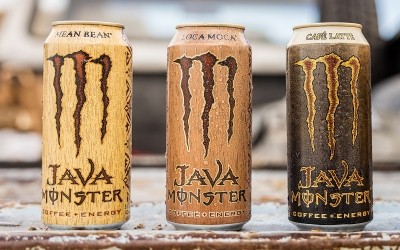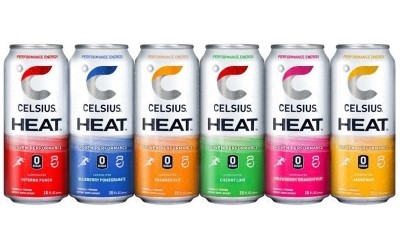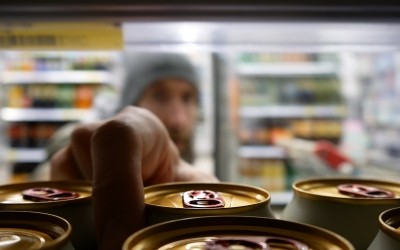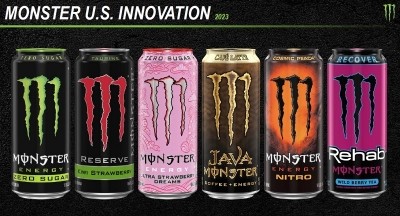Sports performance, natural products providing new opportunities for energy drink market, SPINS finds
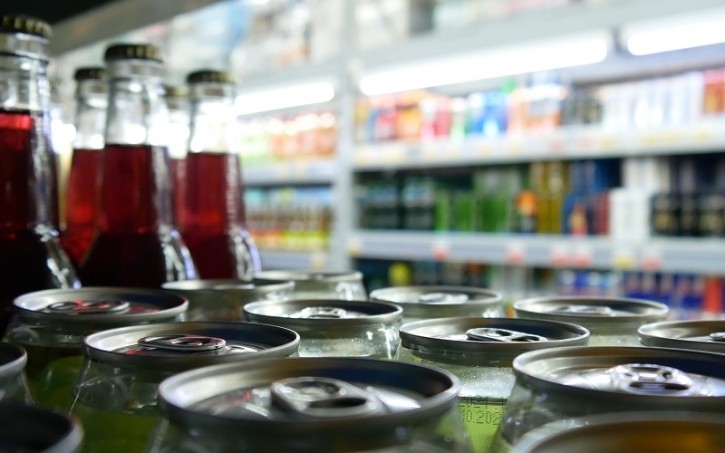
The overall energy drink market is growing both in terms of dollars (due in part to inflation and price increases) and in units, Scott Dicker, market insight director at SPINS, told FoodNavigator-USA. Energy drink unit sales are up 4.7% and dollars are up 13.9% for the 52 weeks ending April 23, 2023, according to SPINS data.
Consumer Demand for energy remains strong
New players entering the energy drink market offer consumers a wide range of options, Dicker said. “There's a lot of options for everyone out there and ... a lot of stores, big and small [are] dedicating more and more space to the segment," Dicker added.
Likewise, the increase in sales could come from consumers switching to energy drinks from coffee to save money, Dicker said.
“People are willing to pay a premium for this versus some of the alternatives, but actually saving the money where they used to go get their $5 at Starbucks, and so a $3 energy drink doesn't seem so bad,” he explained.
“Not only are there a ton of energy drinks, but there's a huge rise and things like RTD coffees and teas. Some of those are higher in caffeine, which is direct competition. I like to say coffee is the original energy drink. We're seeing that play out in the competition as well with the energy drinks and also things like caffeinated snacks, and then you get the variety of energy supplements as well. So, people are really in this demand for energy products.”
Sports performance, nutrition a key trend for energy drink space
The sports performance and drink space has been crossing over more into the energy drink space, and many brands are expanding their consumer base, Dicker explained.
“You're seeing a lot of these sports-nutrition, performance-nutrition brands that really started out that way, moving into and really having a ton of success in the energy drinks space. So, brands like Celsius, Alani Nu, Cellucor, and a few others that are up and coming,” Dicker said. “We're seeing those performance-based energy drinks really crossover where a lot of times if you look at the ingredient profiles, this would traditionally be found in powdered pre-workout products, and we're seeing it kind of shift over into ... everyday energy.”
While the energy drink category has been primarily known for its carbonated formats, a big opportunity exists for non-carbonated options. Earlier this year, Gatorade rolled out a hybrid sport and energy drink brand with Fast Twitch, which contains 200mg of caffeine, electrolytes, and B vitamins.
And just as sports nutrition is influencing the beverage market, the reverse is happening, and beverage and snack flavors are entering in the sports nutrition market, Dicker noted. Recently, Vitamin Shoppe released a Peep-flavored protein powder, and Six Star Pro Nutrition collaborated with Kellogg on a Fruit Loops- and Frosted Flakes-flavored protein powder.
Natural, organic energy drinks have an opportunity with no/low sugar
Not as big as the sports performance crossovers, the “natural and organic is a smaller segment, but I think one that's important to watch,” Dicker said.
While energy-drink giants like Monster and Red Bull are currently dominating the market, “there's definitely room” for natural energy drink brands to grow, and the whole industry might have an opportunity in shifting to natural sweeteners to meet consumer demands for lower/no sugar products, he explained. Many energy drinks today are formulated with sugar or artificial sweeteners like sucralose, and these natural energy drink brands have an opportunity to capitalize on the consumer demand for low or no-sugar products, he added.
Several natural and organic beverage brands have started to tap into this demand for low and no-sugar energy drinks, without sugar or artificial sweeteners. In the water energy drink category, flavored water brand Hint has a line of energy waters with no sweeteners and 60 mg of caffeine, and Glow Beverages features a line of energy drink waters formulated with stevia and 120 mg of caffeine through a proprietary blend.
"Sugar is still ... really one of the last completely vilified nutrients, so people are watching their sugar," Dicker said. "Certain brands are turning to some of the natural sweeteners, but right now, it seems like, in my opinion, the health impact that people are looking most for is no sugar and low calories.”
